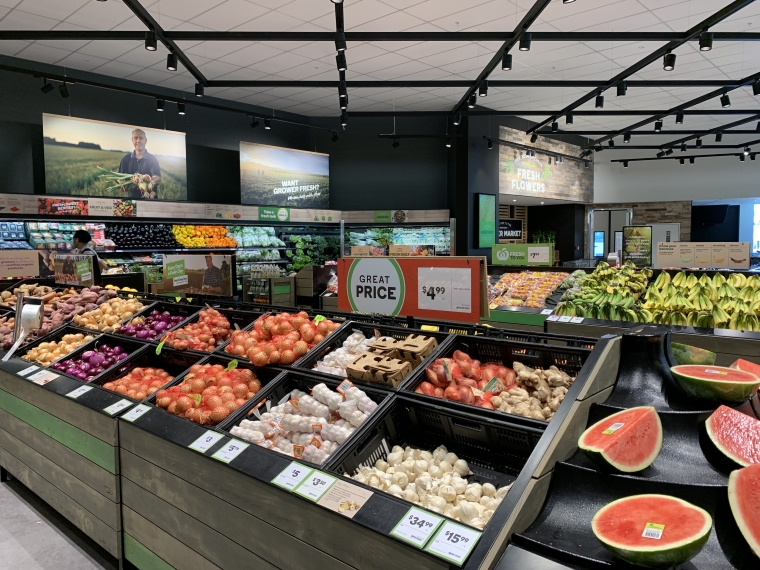
The Commerce Commission wants to stop supermarkets from using supplier-funded specials to distract customers from higher average prices and block competitors.
Grocery Commissioner Pierre van Heerden says supermarket suppliers are subsidising prices through about $5 billion in rebates, discounts and promotional payments.
Most of these payments are made in exchange for supermarkets putting a product ‘on special’, meaning temporarily discounted from its usual price.
It may sound good for shoppers, but van Heerden says it’s often used to undercut other grocery retailers and draw attention away from higher overall prices.
“Consumers lose out because prices jump around more. This can mean the average price is more expensive and it’s harder for consumers to assess the value of products,” he said.
Suppliers struggle to push back on supermarket demands, fearing the loss of access to the 82% of the grocery market controlled by the duopoly.
As a result, smaller suppliers often take on costs and risks that should sit with retailers, including fees for stocking shelves, setting up displays, and funding promotions.
Van Heerden accused supermarkets of using “high-low pricing”, a strategy that lifts regular prices while offering frequent discounts to create the illusion of bargains. This allows the duopoly to confuse customers about real value and keep average prices high.
“The major supermarkets use high low pricing much more than supermarkets in other countries. Large suppliers and the major supermarkets need to reduce their reliance on promotions and specials so that prices can be lower and more stable,” he said.
“This would benefit consumers because pricing would be more straight-forward, and new competitors would put competitive pressure on existing supermarkets to deliver on price without the high-low price distraction.”
The argument is that supermarkets can lean on suppliers to fund promotions, allowing them to profit from wider margins on regular-priced products.
Van Heerden and the Commerce Commission have proposed several changes to the Grocery Supply Code, which governs trade between major supermarkets and their suppliers.
One proposed rule would require retailers to repay the difference to suppliers if they buy groceries at a promotional price, but later sell them at a higher one.
Another would ban retailers from charging suppliers for stocking shelves or for goods that expire while in their possession. It would also require clearer records of promotion negotiations and ban retaliation against suppliers who refuse to offer discounts.
While the changes wouldn’t ban promotional pricing, the Commission has asked suppliers to rely less on promotional funding, and for major supermarkets to pass any funding through to their wholesale customers.
If this doesn’t happen voluntarily within the next year, the Commission may introduce regulatory changes to force supermarkets to change their behaviour.
“With less promotional funding we’d expect suppliers to factor that saving into the price they charge retailers, which retailers would then pass onto consumers in the form of more stable and lower everyday prices,” Van Heerden said.
2 Comments
If this doesn’t happen voluntarily within the next year, the Commission may introduce regulatory changes to force supermarkets to change their behaviour.
Come on ComCom, surely you are having a laugh here. Do you honestly think the supermarkets, who have shown time and time again to implement as many profit making activities as possible, even if they are morally questionable, are going to voluntarily make less money. What a spineless agency you are.
They have to give little Johnny a chance to show he can behave appropriately before they put the dunce cap on. My pick is they will have been monitoring this for a while and need the comparison data to prove a clear continuance of behaviour before they have the backup to justify the implementation if challenged by the big players in court.

We welcome your comments below. If you are not already registered, please register to comment
Remember we welcome robust, respectful and insightful debate. We don't welcome abusive or defamatory comments and will de-register those repeatedly making such comments. Our current comment policy is here.